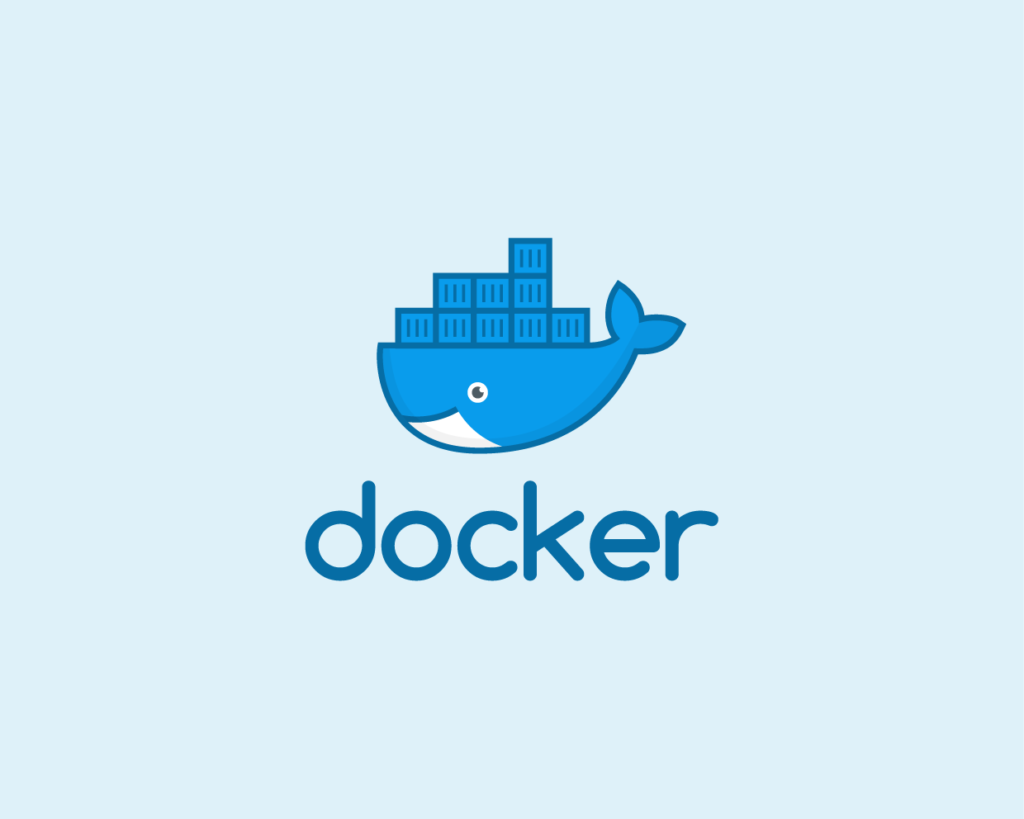Agentic AI is one of the most important concepts shaping the future of artificial intelligence. As AI systems become more capable, the idea of giving them agency—the ability to make decisions and act independently—has gained serious attention. But what exactly is Agentic AI, and why does it matter?
Let’s break it down.
What Is Agentic AI?
Agentic AI refers to artificial intelligence systems designed to act as autonomous agents. These systems can:
- Set goals
- Plan how to achieve them
- Take action without needing human input at every step
Unlike traditional AI tools that simply respond to commands (like a calculator or search engine), agentic systems are proactive. They can operate over time, adjust based on feedback, and navigate uncertainty to complete a task.
Think of Agentic AI as having its own “to-do list”—and the ability to figure out how to check things off.
Key Features of Agentic AI
Agentic AI systems often include these core elements:
1. Autonomy
They act independently once given a goal. They don’t wait for every next instruction.
2. Goal-Directed Behavior
They aren’t just reactive—they pursue specific outcomes.
3. Adaptability
They adjust their plans when things don’t go as expected.
4. Memory and Learning
Some agentic systems remember past experiences to improve over time.
Examples of Agentic AI in Use
Agentic AI is still developing, but early versions are already at work. Examples include:
- AI personal assistants that schedule meetings, draft emails, or manage tasks based on your habits.
- Autonomous research agents that run multiple web searches, summarize findings, and make recommendations.
- Game-playing AIs like AlphaZero, which learn and adapt strategies to beat human players.
The future may bring agentic customer service bots, self-managing robots, and even AI CEOs that make strategic decisions for a business.
Why Agentic AI Matters
Here’s why businesses, developers, and policymakers are paying attention:
Productivity:
Agentic AI can handle entire workflows, not just one task at a time.
Scalability:
These systems can operate 24/7, across domains, and with minimal supervision.
Innovation:
Agentic systems could discover new solutions, optimize processes, or generate creative output.
Risk:
With agency comes responsibility—and potential for misuse, misalignment, or unpredictable outcomes.
Challenges and Risks
Agentic AI raises major questions:
- Who controls the agent’s goals?
- How do we ensure alignment with human values?
- What happens if an agent goes off track?
These aren’t just technical problems—they’re ethical and societal. As we build more autonomous systems, we must also build guardrails for safety, accountability, and transparency.
Final Thoughts
Agentic AI is not just about smarter machines—it’s about machines that can decide. It opens the door to a future of powerful tools that work independently to help us solve problems and make progress.
But with great power comes great responsibility. If you’re in tech, design, policy, or business, now is the time to understand how agentic systems work—and how to use them wisely.

